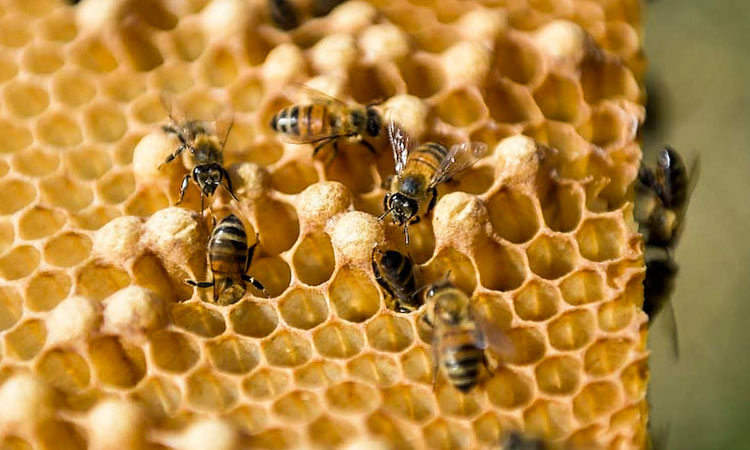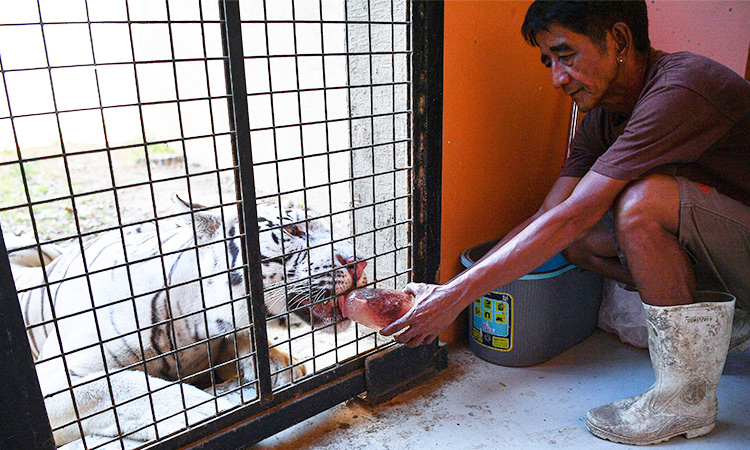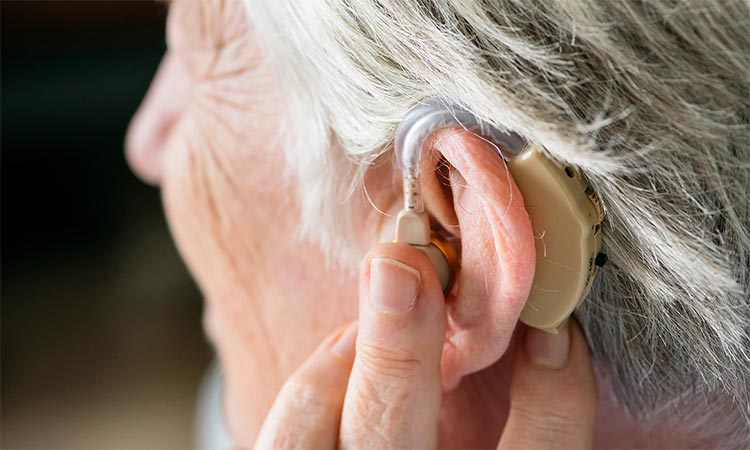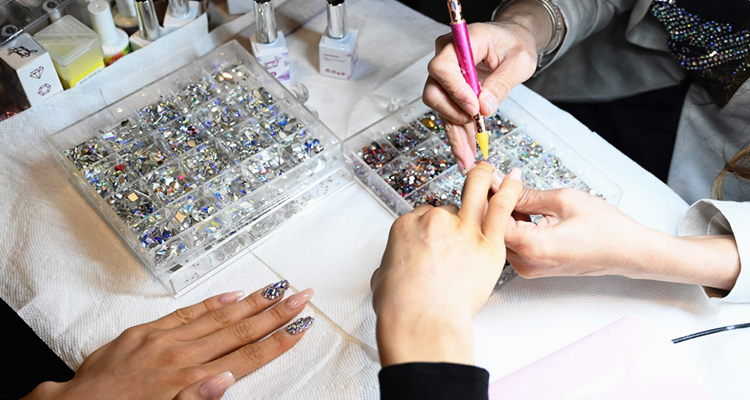Cuba's worker bees boost thriving honey business
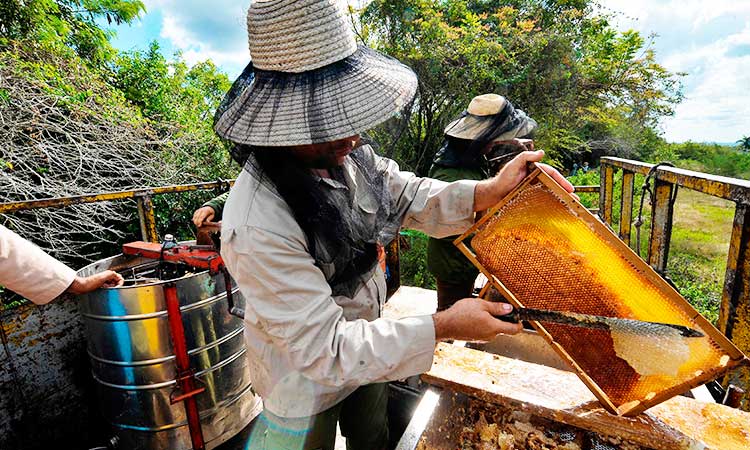
A beekeeper collects honeycombs from a frame at an apiary.
In the floral valleys of Cuba's Matanzas province, old fashioned farming means bees can swarm without the threat of pesticides that have decimated populations across the world.
Life is sweet for Cuba's winged wonders, and Europe's honey-lovers are catching on.
"The bee is made neither for urban areas nor rural areas. It is made for the mountains," says Rogelio Marcelo Fundora, surveying a lush mountain valley east of Havana where his bees are thriving.

Bees buzz free of agrotoxic, enjoying a diet rich in wild flowers and producing a high quality honey.

A beekeeper pours honey into a metal container.

A beekeeper smokes behives to collect honeycombs.

An employee labels a jar of honey, at a honey packaging plant in Havana.
Fundora, 51, is a mechanical engineer by trade. His 54-year-old brother Santiago Esteban is a teacher. But both have become Cuba's best-known beekeepers by passion, owning 600 hives in the valley.
Average production is 51 kilograms (112 pounds) of honey per hive, a level considered high.
However, the Fundora brothers, considered the nation's beekeeper kings, show yields of up to 160 kilos of honey per hive -- triple the national average.
"There's no miracle, just a lot of work," said Santiago. "It's endless work to change out the queen, select the bees," he said, his face tanned by many hours working under the sun.
Sweet export figures
The beekeepers' success means organic honey has joined rum and cigars as one of Cuba's quality exports.
The island produced 8,834 tonnes of honey in 2018, 1,500 tonnes more than the target set by the Apicuba, the Cuban Beekeeping Company.
View of bees in their bee hive, at an apiary in Navajas, Matanzas province, Cuba.
Apicuba has a monopoly on exports -- beekeepers with more than five hives must sell it their honey. In exchange, the organization provides them with discounted fuel and equipment.
The quality is excellent, according to Adolfo Perez, head of the Apicultural Research Center.
"Because of the tendency to use very little chemicals, we can say that the honey of Cuba is almost all organic honey," says Perez.
'Very good health'
In the Cuban countryside, bees are exposed to no great natural risk or human threat and enjoy year-long summer temperatures with enough humidity to ensure a permanent supply of flowers. "The bees are in very good health," said Santiago.
"We don't use any chemicals when fumigating apiaries or weeding, and no antibiotics.
That's not to say they don't have to use a certain ingenuity to keep pests at bay, particularly the potentially devastating Varroa mite -- a tiny red parasite that sucks the blood from the bees.
The Fundoras use a "nest trap" technique that attracts the parasite and diverts it from the rest of the hive.
Agence France-Presse
